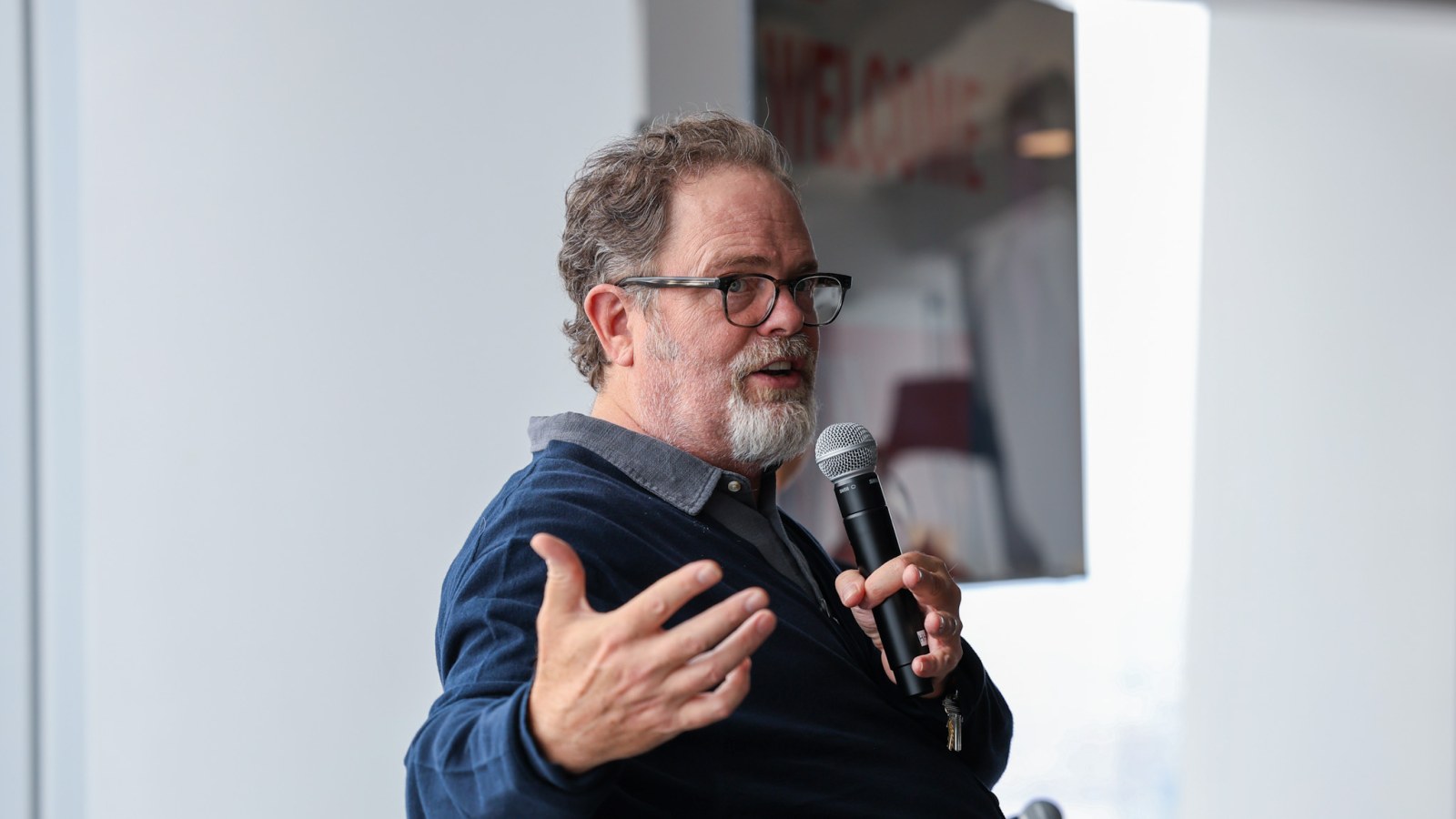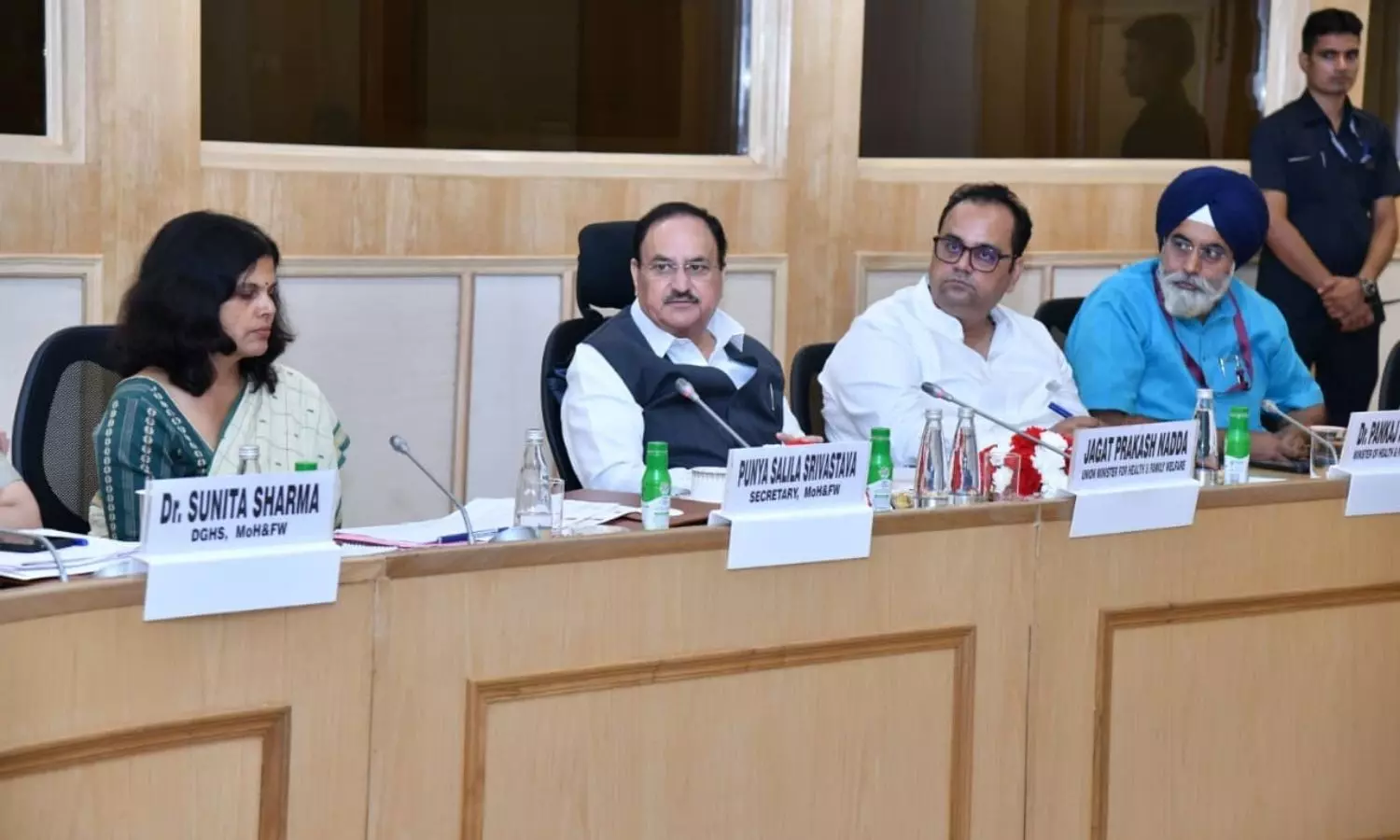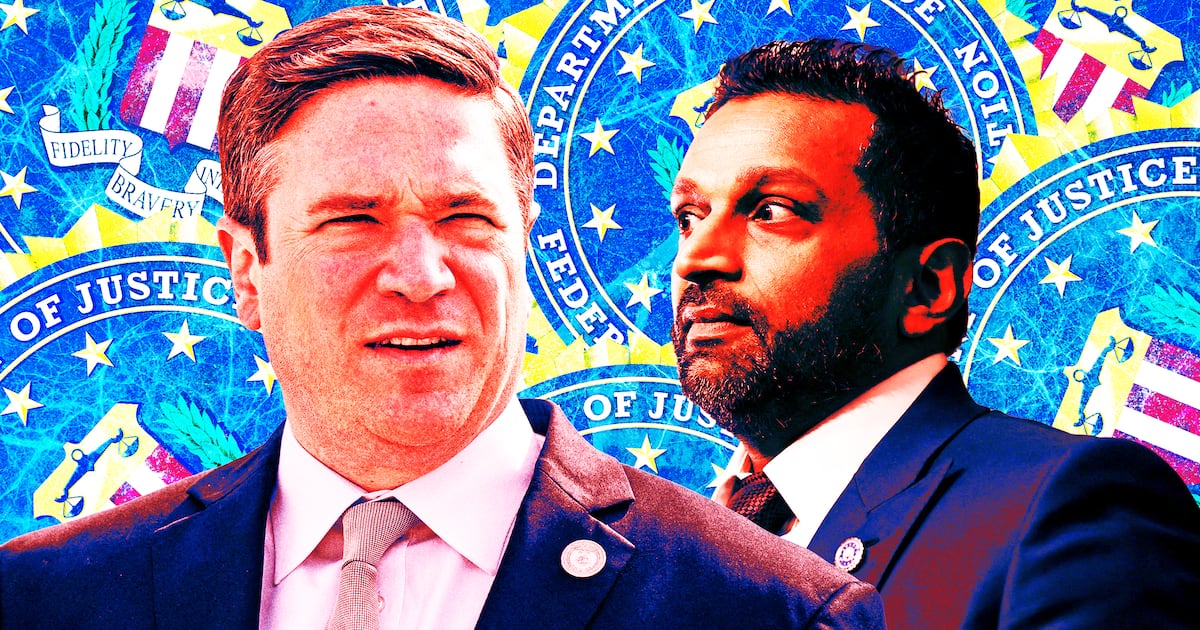By Mandy Taheri
Copyright newsweek

Rainn Wilson, known to many as Dwight Schrute from The Office, put in hours with paramedics, EMTs and the South Central Los Angeles Fire Department to prepare for his new paramedic role in the film Code 3, set to hit theaters Friday.Speaking with Newsweek ahead of the opening, Wilson called the training “pretty earth-shattering,” offering a crash course in what first responders endure, including long hours, thin pay, and the difficult and intimate situations they find themselves in.His ride-along also showed him that “there are no hospitals in South Central L.A. They’ve shut them right down because they just don’t make enough money…it’s a health care desert.”At the film’s core is Randy, 18 years into his service and running on fumes as he unravels mentally and physically. He’s frustrated with the American health care system, calling out the red tape, the hierarchy and noting all the people that fall through the system’s cracks. Worn down by the grind, Randy eyes retiring and getting a stable job in insurance.Named for the lights-and-sirens emergency call, Code 3 follows one ofRandy’s 24-hour shifts, blending humor with sharp commentary on life in and outside ambulances and emergency rooms.”It’s pretty rare that you get a script that is good, number one, that is funny, intelligent, good characters, good dialogue, etc. And then when a script like that is also about something without being too preachy, right? That is a miracle,” Wilson said.”And this is one of those films” Wilson added, noting that while the movie is entertaining and comedic, “at the same time, it does lift the veil on the underbelly of the American health care system and income inequality and race and all of the issues that go hand in hand with health care.” The film is co-written by a former paramedic, Patrick Pianezza.Wilson pointed out two scenes that stick out to him—the death of a young boy after a baseball mishap and a dispatch to help a Black man in the throes of a psychotic episode who believes he is the president of the United States.The latter scene deals with a veteran who has episodes with some regularity, “because his insurance doesn’t give him enough of his medication. So at the end of the month, and this happens a lot at the end of the month, people start acting more ‘cuckoo’ because their medication isn’t covered, or it’s only covered for the first three or three and a half weeks of the month.”Wilson said co-star Lil Rel Howery, Mike, the ambulance driver, is “brilliant in that scene” as he defuses the charged confrontation with police, noting “he’s literally lived out scenes not that dissimilar from that.” The moment, Wilson added, “underlines the underbelly of the inner city and where health care intersects with income and race.”Wilson, 59, underscored how commonplace and essential emergency care is and argues the film both acknowledges its “unsung heroes” and closes a long-standing gap in Hollywood’s attention to their world.Wilson’s Climate Change ActivismBeyond his recent push to spotlight paramedics and emergency medicine, Wilson has devoted much of his post-The Office career to climate advocacy, serving as a founding director of Climate Basecamp alongside professor Gail Whiteman.The actor has been personally impacted by the wildfires out West, saying he has had “four evacuations in six years,” with his homes in California and Oregon. “Extreme weather events that used to happen every 1,000 years are now happening every 100 years, and events that used to happen every 100 years are happening every 10 years. And events that used to happen every 10 years are happening every year.”Right now, America has chosen to vote in such a way to take us away from those [climate] solutions, but maybe we can shift it back,” emphasizing that “climate communications is the key, where we’re losing the fight.”In 2022, made headlines after he changed his name on his social media accounts to Rainnfall Wave Rising Sea Levels, in an effort to raise awareness about climate change ahead of the United Nations Climate Change Conference.Wilson on SpiritualityAlong with his climate work, Wilson has poured energy into SoulPancake, multiple spirituality podcasts and his book, Soul Boom: Why We Need a Spiritual Revolution. The actor grew up Baha’i, stepped away in his 20s, then came back with clearer eyes for the tradition and a renewed spiritual drive.Though his characters tend to sidestep spirituality, Wilson doesn’t and is often ruminating on life, death and whatever follows.”Everyone in this room is going to die, just like Randy says in the trailer of the film,” he said, noting that death and what happens after death is one of his “favorite topics.”



